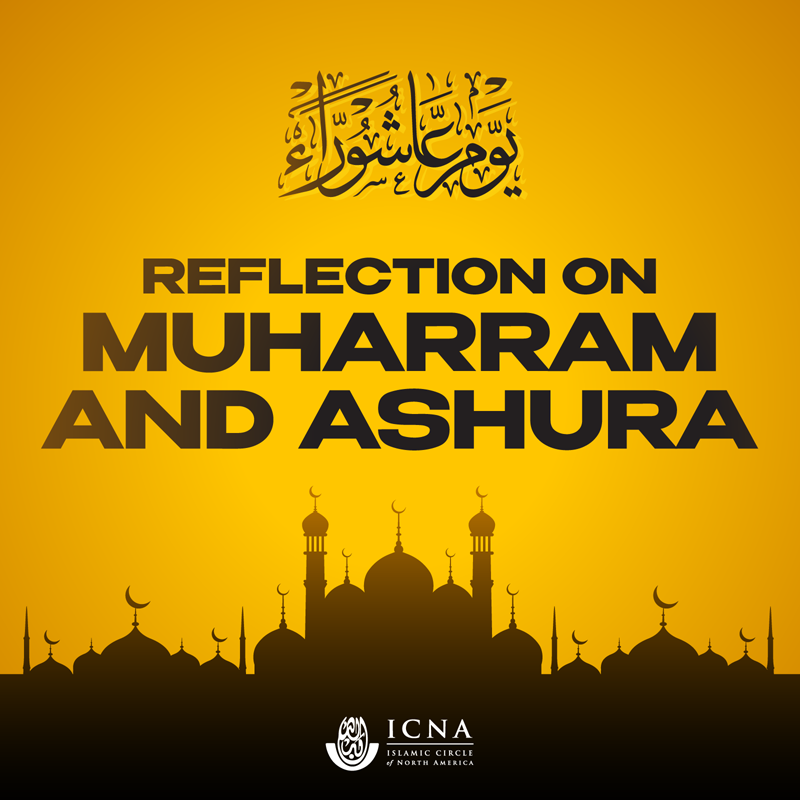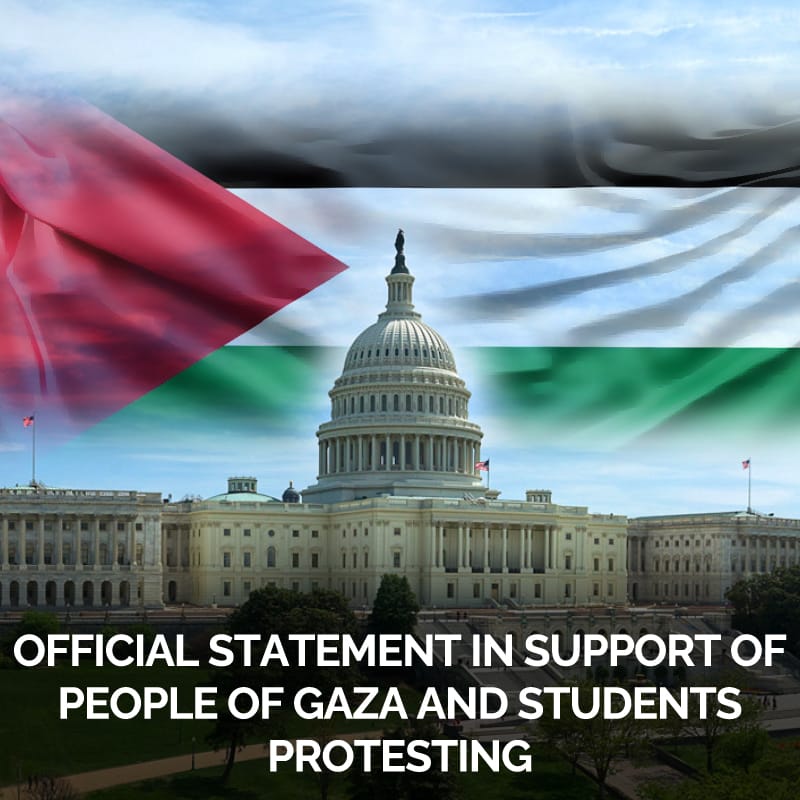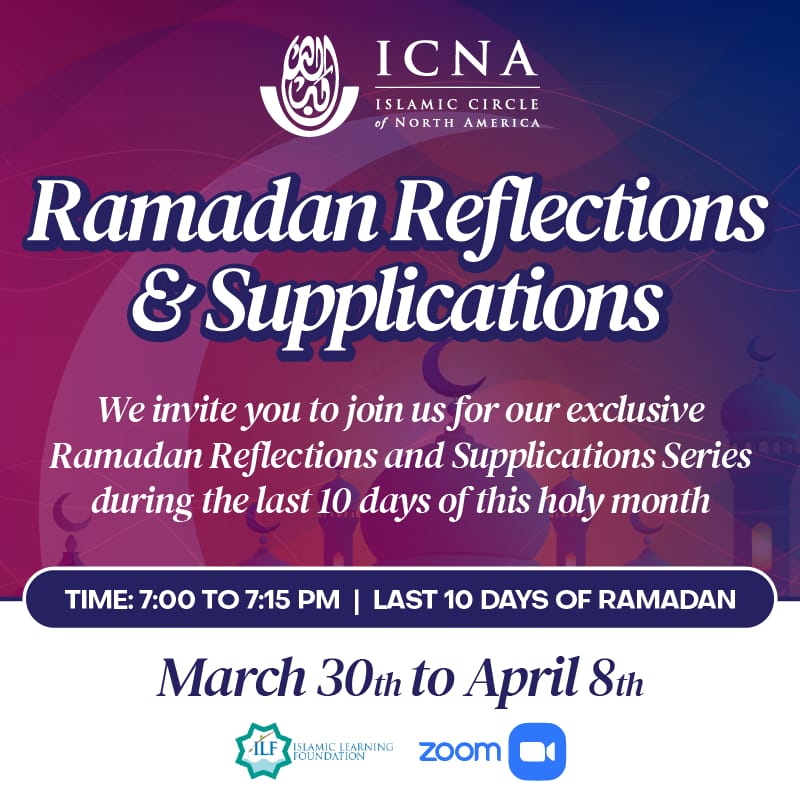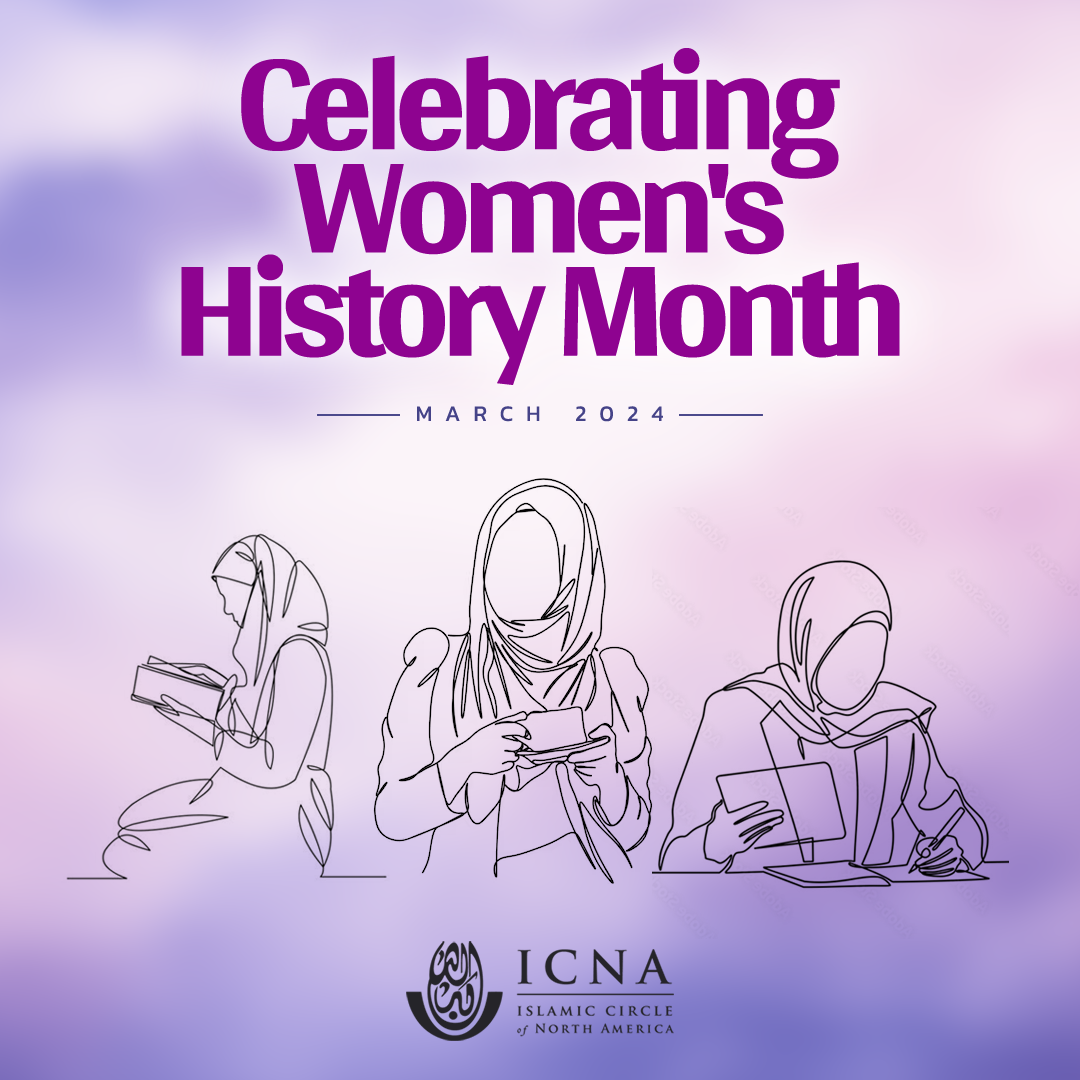
Reflections on Muharram and Ashura
Reflections on Muharram and Ashura As we welcome the new Islamic year we should take time to reflect on ourselves and how we can make this year better than the last. Learning about the virtues of Muharram and Ashura can help us understand how we can start off strong and set ourselves up for a successful year ahead. Muharram marks the beginning of the Islamic calendar and is said to be the most virtuous of the 4 sacred months. The word ‘Muharram’ itself means ‘the honored and sacred one.’ It is the only month attributed to the name of Allah as The Messenger of Allah saw said, “The best month for observing fasting after Ramadan is the month of Allah, Muharram, and the best salah after the prescribed salah is the salah at night.” (Muslim) The significant day of Ashura also lies in the month of Muharram which is one of the reasons that makes it the most virtuous of the sacred months. Ashura is the tenth day of Muharram and fasting on this day pre-dates back to pre-islamic era. When the Prophet Muhammad saw arrived at Madinah the Jews were observing the fast of Ashura and they said this is the day when Musa became victorious over Firaun. On that the Prophet (saw) said to his companions, “You have more right to celebrate Musa’s victory than they have, so observe the fast on this day.” (Bukhari) Fasting the day of Ashura was made obligatory in the first year of hijrah and voluntary in the second year after the revelation of the month of Ramadan. The Prophet Muhammad (saw) encouraged fasting on the 10th of Muharram and intended to also fast on the 9th as a way to distinguish Muslims from the disbelievers. It is said, “The fasting of the day of Ashura will expiate the previous years’ sins.” (Ibn majah) Many events of the past related to the victory of God illustrate the significance of this day as well. This includes the parting of the Sea for Musa AS to escape the tyranny of Firaun, the landing of Nuh AS ship on mount Judi escaping the ridicule of his people. Later Husayn RA was martyred at Karbala on this day escaping the oppression of unjust governance. Ashura in essence highlights the importance of justice in Islam. This year Ashura might be more important and relevant than ever before as we have been witnessing the unbearable oppression of our brothers and sisters in Palestine. We see Ashura in a new light as almost a celebration of resistance to oppression and anticipated victory of God. If we are blessed with the opportunity to observe the fast of ashura this year, let’s pray for forgiveness, justice and the victory that has been promised to the believers.










